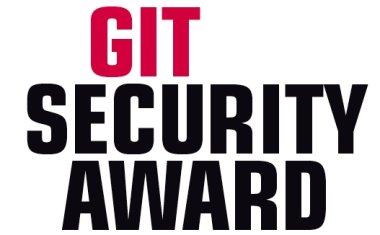Camups Security: Safety App at New Dublin City University
Dublin City University (DCU) is providing emergency supports to staff and students anywhere in the world through a mobile safety application called SafeZone which links users with ...
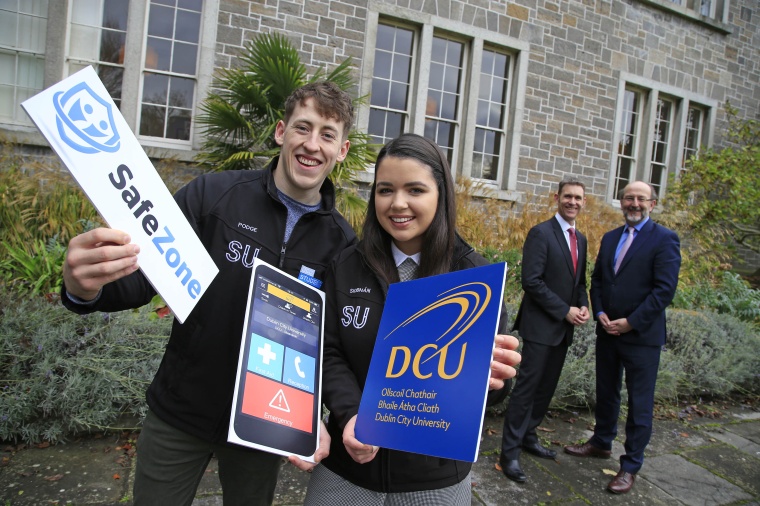
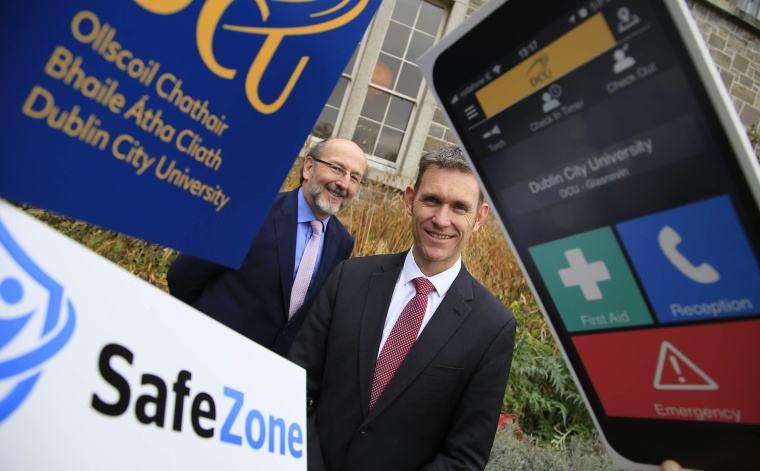

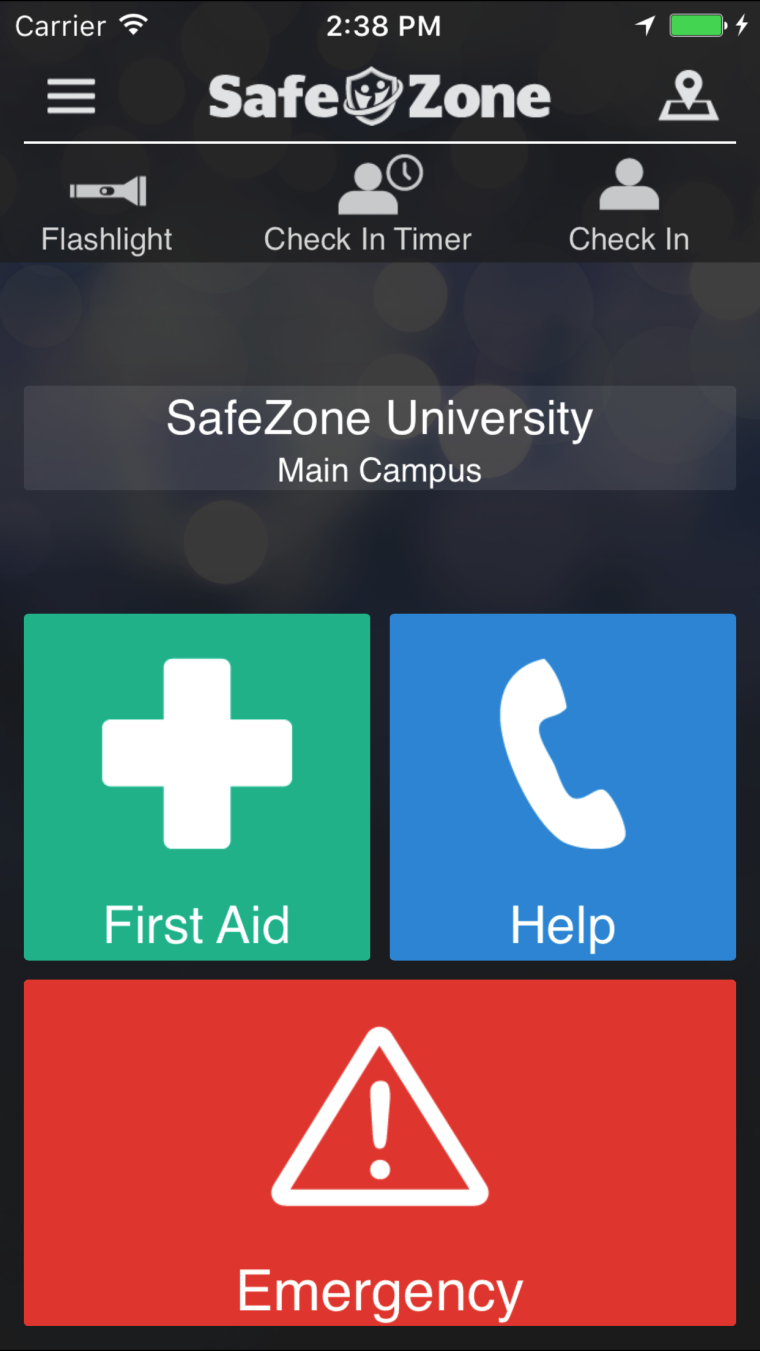
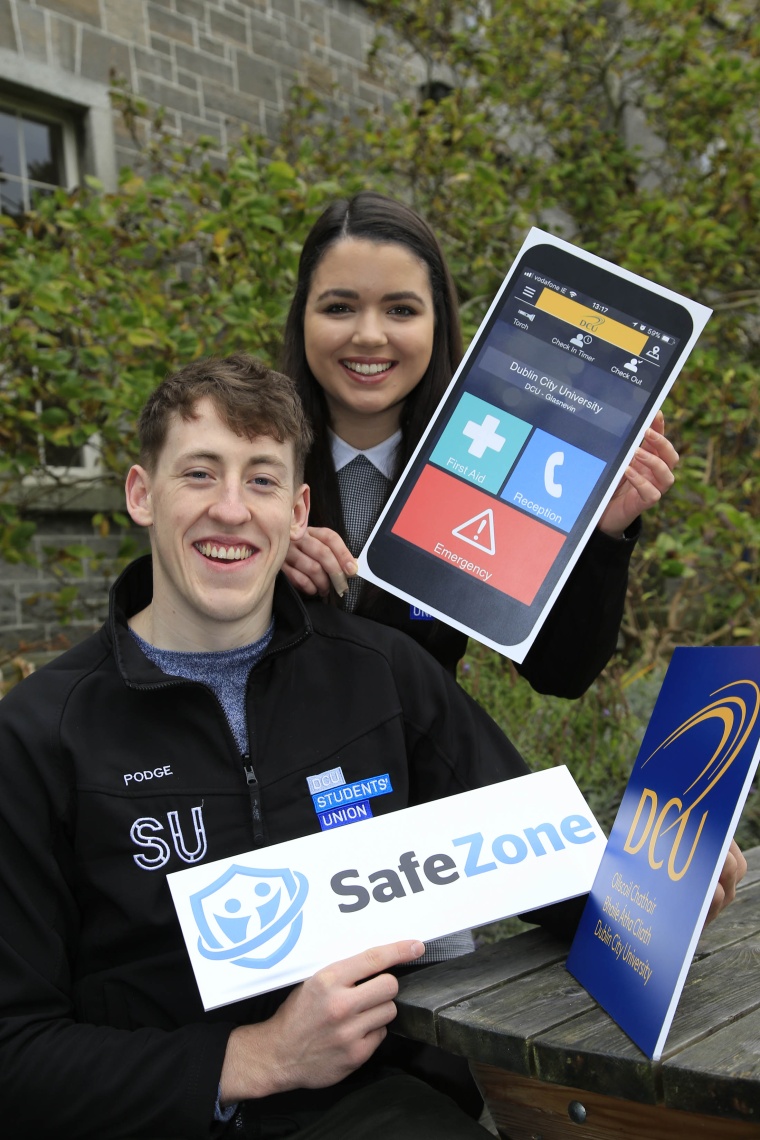
Dublin City University (DCU) is providing emergency supports to staff and students anywhere in the world through a mobile safety application called SafeZone which links users with the University emergency response team.
Provided by CriticalArc, the app, which DCU staff and students can download at no cost, will enable students and staff to connect with DCU’s emergency response team if urgent help is required, first aid is needed, or an emergency occurs.
DCU is the first university in the Republic of Ireland to roll-out SafeZone, which will be available to a student and staff population of almost 19,000 across the Glasnevin, St Patrick’s and All Hallows campuses. The app is also of use to University staff and students who are working and studying overseas.
SafeZone is already in use in higher education institutions across the UK, Australia and the United States.
Users can alert the University emergency response team by activating the app on their smartphone and by pressing either one of three alert button options (Emergency, First Aid or Help). The location of the user is then sent to security personnel who can coordinate to provide the necessary help, quickly and effectively.
As the system is privacy protected, a user's location will never be shared, unless they activate an alert for help, within designated zones.
The SafeZone app also enables people who are working alone or out of hours, for example in a research laboratory to check in with the campus response team by activating a “check-in” feature on the app which then sends their location and ID to campus response.
In addition, SafeZone can be used in emergency situations or critical incidents by Emergency Response teams to issue information and updates to users. Furthermore, in the event of a critical incident overseas, the SafeZone app will allow the University campus emergency response team to check in with all registered users, account for their whereabouts and liaise with the relevant emergency services in the affected country.
President of Dublin City University, Prof Brian MacCraith said:
“Staff and student well-being and safety is of the utmost importance and the SafeZone technology further enhances both of these for staff and students across our campuses and while overseas, travelling, studying and working at other institutions.
DCU is now a multi-campus environment and, by deploying SafeZone in conjunction with our existing campus emergency response team, it will enable us to respond, even more effectively and efficiently to students and staff who may need emergency support.”
DCU Student Union President Niall Behan said:
“We are pleased that DCU has become the first university in Ireland to use SafeZone, across all of our campuses and also for staff and students studying and working overseas. The use of this technology in conjunction with our campus emergency response team, will further enhance the DCU experience.”
Glenn Farrant, Chief Executive Officer, CriticalArc, noted; “DCU is the first customer in the Republic of Ireland to demonstrate a visionary approach to safety and security by adopting SafeZone. As well as creating a safer learning environment for students and staff, SafeZone offers DCU a raft of benefits including boosting competitive advantage to prospective students, supporting international research and teaching as well as streamlining day-to-day activities.”
Business Partner
CriticalARC26 Kings Hill Avenue, Kings Hill
ME19 4AE West Malling
Germany
most read
Media Kit 2026 GIT SECURITY International
Advertise with the international number one - with GIT SECURITY International. Media kit 2026 for download.

Discover the Innovations Reshaping Physical Security
Get insights from +7,000 Security Professionals – download the 2026 State of Physical Security Report.
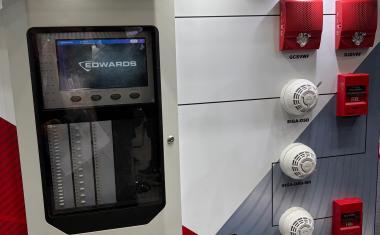
Kidde Global brands at Intersec 2026 in Dubai
Kidde Global brands provide sophisticated fire detection, extinguishing, and security solutions.

Geutebrück Demonstrating Video Intelligence Gathering
Geutebrück explained intelligence-gathering video surveillance solutions at Intersec 2026 in Dubai.

Intersec and UXE Sign MoU
Intersec and UXE have signed a MoU appointing UXE as the Future Cities Partner of Intersec 2026


